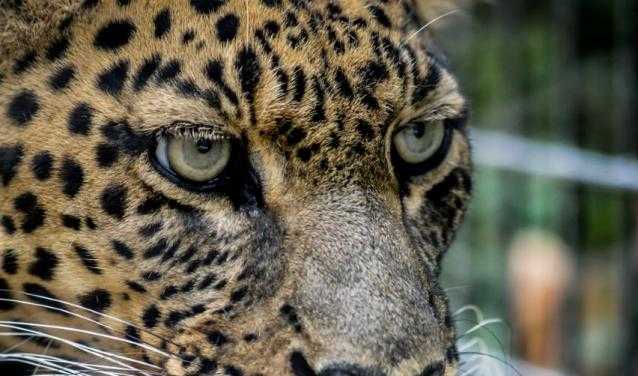Home>Wildlife markets after Covid-19

29.04.2020
Wildlife markets after Covid-19
The Covid-19 crisis has attracted widespread international attention to issues in wildlife trade, especially in the context of Chinese wildlife markets and regulation. In the webinar “The impacts of Covid-19 on wildlife management policies in China and the preparation of biodiversity COP15”, Aleksandar Rankovic at IDDRI, Aron White from the Environmental Investigation Agency, and Li Shuo from Greenpeace East Asia discuss existing problems in Chinese wildlife management policies for biodiversity, the need for a nuanced response in governmental and global administration, and opportunities for reforming wildlife management strategies in the postponed 2020 UN Biodiversity Conference in Kunming (COP15).
Addressing progress in Chinese wildlife management policy so far and problems with the boundaries and implementation of these, Aron White stresses the importance of recognising scientific and public calls for reform from within China and warns against a generalisation of Chinese opinions and practices, noting that the Western media’s call for an end to Chinese “wet” markets is misguided as these markets encompass all fresh produce, and much of unsustainable or illegal trade in wildlife takes place online and through established networks.
Li Shuo also emphasises the need for governments to take responsibility in the context of the outcomes of the Kunming objectives and the importance of replacing the 520 billion RMB wildlife economy with green agriculture to protect Chinese livelihoods and support implementation.
The webinar also included 45 minutes of Q&A with questions from viewers about the obstacles and costs involved in reforming wildlife regulation in China, the dangers and benefits of setting more boundaries in wildlife trade, and possible solutions on the national and international level for the successful reform and implementation of sustainable wildlife governance in the post-Covid economy.
Download the presentation slides here.
Find out more